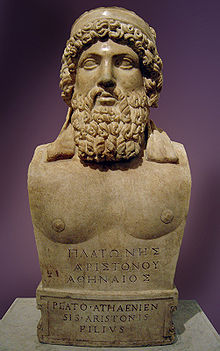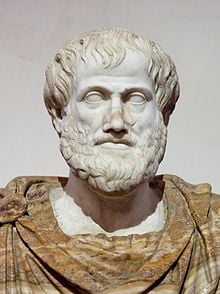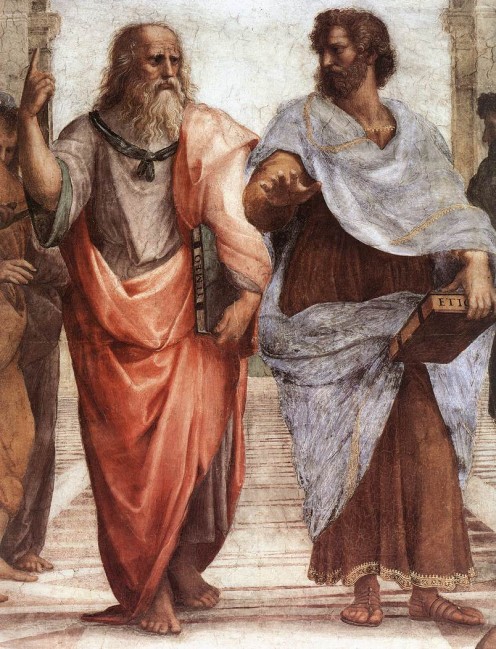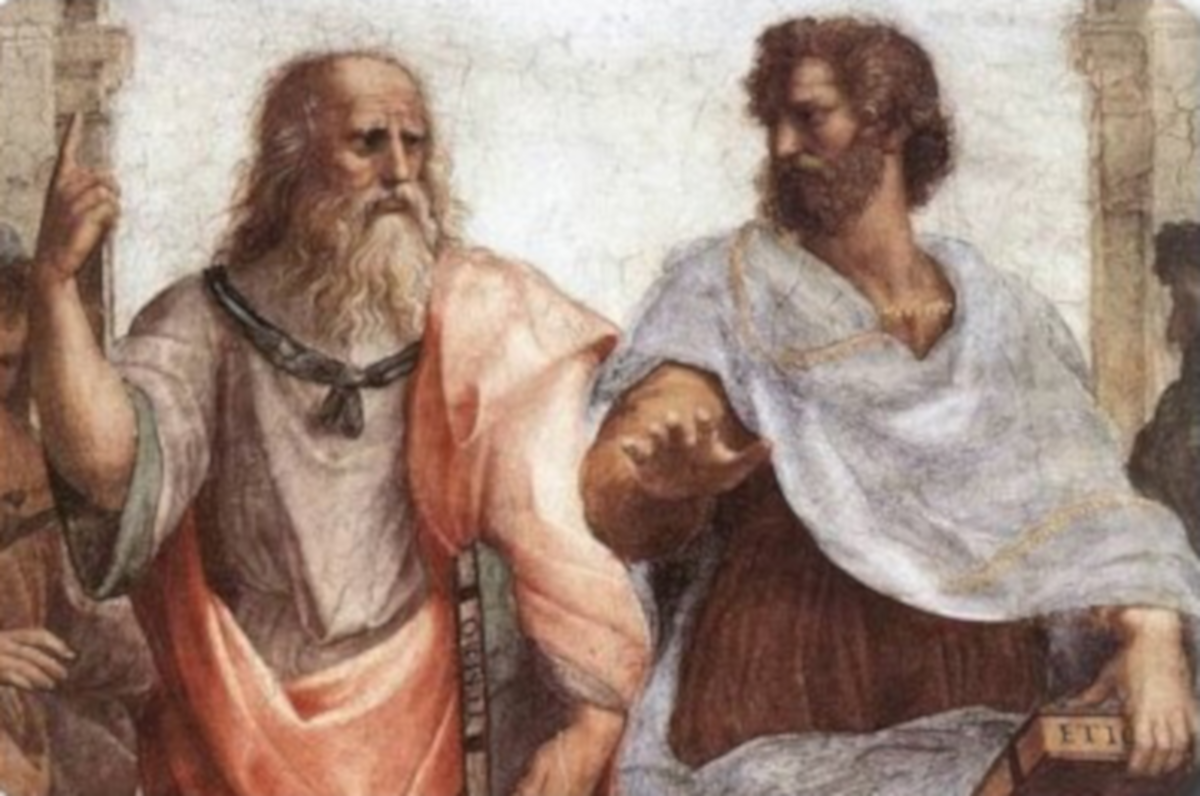On Principle and Pragmatism IV - What do Plato, Aristotle, Conservatives, and Democrats Have in Common?


The Political Spectrum
AS WE all know, there just aren't Republicans and Democrats; instead, there is a whole panoply of variations that start in the middle and move continuously left and right. In current American politics, the limits of these variations, in practical terms, are the Tea Party on the Right and the "Liberals" on the Left; it is hard to define a specific group on the left today as none have a coherent organization. While there are Socialists, Communists, and Fascists in America, their numbers are imperceptibly small and can be ignored.
It is interesting to note, before going forward though, is that if you start from the middle and begin walking in one direction or another, you will walk in a full political circle and end up back in the middle. In other words, simply speaking, you can go from Moderate to Liberal to Socialist to Communist to Fascist to Conservative to Republican to Moderate.
For my purposes, however, the three I would like to concentrate on are the Moderates, Conservatives, and Liberals, By Moderates, I include moderate and right leaning, but not Conservative, e.g. Bourbon, Democrats and moderate to liberal Republicans as well as all Independents which identify with this political spectrum.



The Philosophical Spectrum
THIS spectrum is a little easier to get our mind around even though the details within are extremely complex and convoluted and guaranteed to give you headaches. Here, Plato, and by association, Socrates when taken with Aristotle basically comprise the two approaches to philosophy, at least as I characterize them, Principled and Pragmatic.
The picture to the right demonstrates this idea. You have Plato pointing to the heavens which some say represents his search for the ideal while Aristotle is reaching out to the future; two differing approaches to life and politics that are taken by the three groups I previously identified, Conservatives, Liberals, and Moderates. I propose that Conservatives and Liberals follow a political ideology that is based on Socrates and Plato's idealism while Moderates follow Aristotle's pragmatism.
How Are They Different
Probably, the best example I have heard to-date that draws a clear line between the Ideal, and the Pragmatic is the way Socrates/Plato and Aristotle approach the question of what is needed for a man to exhibit the virtue of doing Right. Both, or all three, believe man can attain the virtue of doing Right; there is no argument there. However, where Aristotle differs from his teachers, are the necessary ingredients a man needs to possess fully such a virtue.
Socrates and Plato propose that all a man need to attain the virtue of "doing Right" is the knowledge of what "Right" really is. They maintain that the reason people do Wrong is only because they do not really have clear knowledge of what Right is. Further, they argue, if a person truly knew what the Right thing to do was, that person would never, could never do Wrong because it would be totally against their self-interest to do so. This is pure idealism, pure Principle.
Aristotle, on the other hand, says no, that is not quite correct; a person could know very well what is Right; have perfect knowledge of what Right is, and, still do Wrong. He says the reason for this is that person has not developed the "habit" of doing Right. It is not enough to know the Right thing to do; you must practice it, over and over again until you have made it a habit. Only then, Aristotle claims, will a person have developed the virtue of doing Right.
To Aristotle, Virtue is finding the "Golden Mean" between two extremes. For example, take the virtue of Courage. The extremes would be Cowardice and Recklessness. Aristotle defines the virtue of Courage as habitually choosing the "golden" mean between cowardice and recklessness in situations where the presence of danger legitimately should generate the feeling of fear. Courage would be that action that properly manages this legitimate fear while achieving the right outcome for that particular situation. This pragmatic interpretation allows for people who know what the Right thing to do is to still not to do it. Socrates and Plato's principled view do not allow such an accommodation.
So, What About Today?
In this hub, I have the unique opportunity to ask Rush Limbaugh to hold hands with Chris Mathews; Speaker Boehner with Rep Barney Franks; and Ann Coulter with Nancy Pelosi with one hand and point to the heavens with the other; each sticking to the principles each is known so well for, without wavering one iota. This is probably one of the very few times you will such virulent Conservatives and Liberals tucked into the same bed together for all, whether they know it or not, are disciples of Socrates and Plato; they are all principled but none are very pragmatic, in other words, they are all absolutely or at least very unwilling to compromise regardless of how their positions hurt the country.
It shouldn't be difficult to see why it is so hard for sides to come together when they exist on the extremes. Right now we have enough Platonist in government on each side of the political spectrum, but mainly on the Right, that do not see the world as their counterpart on the other side nor with the Moderates that they can, and do, bring our governance process to a standstill. It is not done out of malice on anybody's part. It is simply done by the lack of particular philosophical characteristic common to those on the political extremes, Pragmatism.
Moderates are Aristotelian; moderates, by their nature, look for that "golden" mean between the extremes, that compromise which gets most of what they want, yet, doesn't endanger the country.
You can see the difference in approach in other ways as well. Take the question of pregnancy prevention; this example is very closely related how Socrates/Plato's view virtue and how Aristotle does. The Religious Right preaches that abstinence is the ONLY method that should be taught to our teenagers to prevent pregnancy. They claim that teaching about safe-sex or providing condoms only encourages teenagers to have sex. While the Religious Right's point isn't purely that if you have knowledge of the Right thing to do, not have sex, it will lead automatically to that result, they do add a twist to it by saying that having knowledge of the Wrong thing to do will absolutely lead to wrong decisions. The rest of the world takes a more Aristotle like view, in other words, and more pragmatic view and recognizes the fallibility of humans; that teenagers are not supermen and women and will make mistakes and therefore, must be provided the tools not to have their lives destroyed if they do stray.
© 2011 Scott Belford






